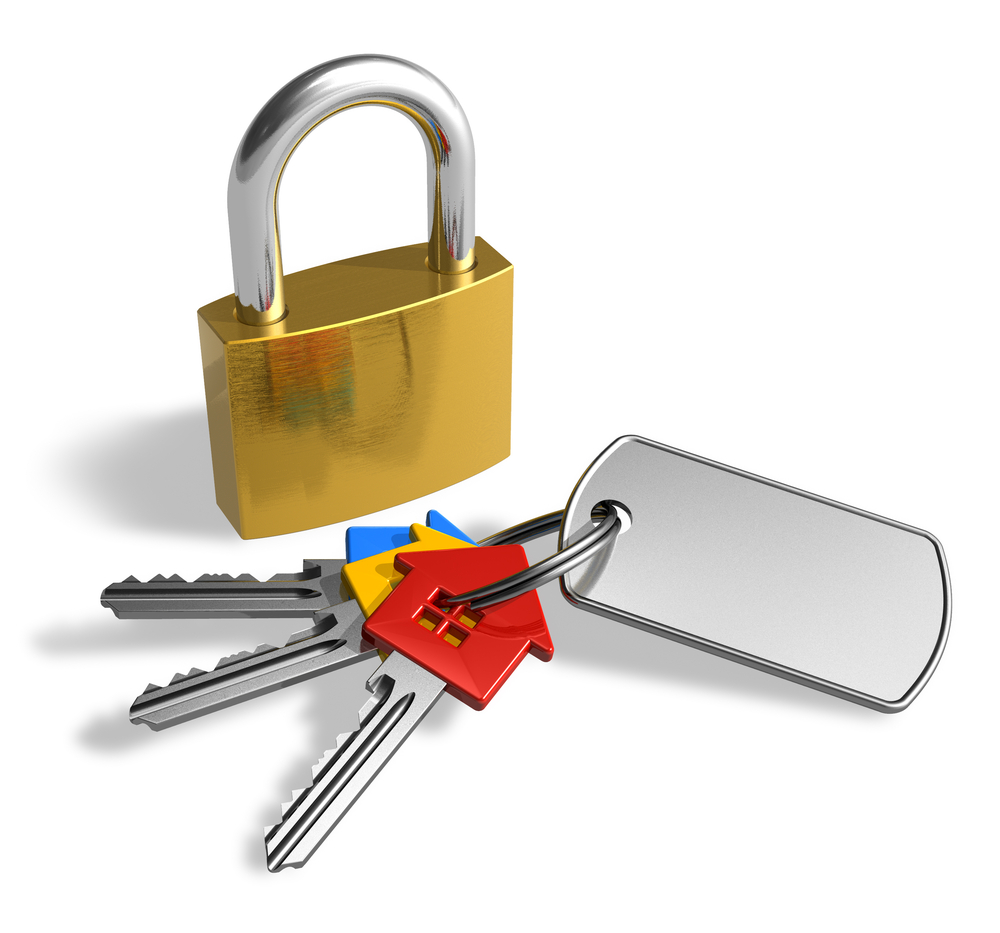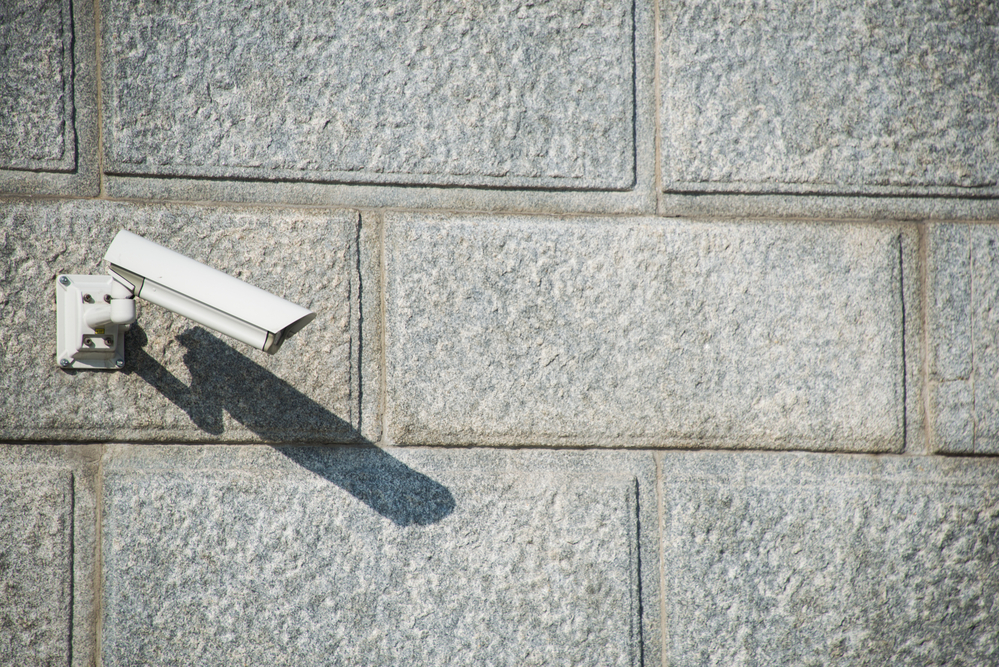
Keyholding is a professional service offered by all leading security companies. It involves entrusting them with a key to your premises that they will use when required to respond to any emergency situations.
Alongside emergency response, your keyholders can be delegated a number of everyday tasks such as opening and closing the site conducting routine risk assessments to reduce the risk of issues arising.
Some people choose to designate the role of keyholder to a trusted member of staff, but this is not recommended, mainly because there is no way to guarantee their safety and they do not possess the knowledge of skills to deal with the security threats that they may face.

24/7 Protection
Even if one of your staff members agrees to be your keyholder and respond to alarm activations around the clock, there can be no guarantee that they will be in a position to drop everything and be on site in a matter of minutes at all times. Especially during the night, employee keyholders can be understandably slow to respond, increasing the threat of serious damage being caused if the threat turns out to be legitimate.
Even if nothing turns out to be amiss, a late-night activation will leave you with a pretty tired, grumpy, and not so productive member of staff the next day. There are so many other great ways that your staff could be using their time to benefit your business, without delegating them time-consuming tasks that they are not trained for or experienced at.
Professional response
When you hire a professional keyholding company, you will agree with them a set of responses that will be carried out each time an alarm is triggered.
When these highly trained experts arrive on site, usually just minutes after activation, they will carry out their instructions to the letter and have all the skills and expertise required to do just that.
They will also adapt instantly to whatever live situation they face and use their knowledge to deal with the situation. If required, they will get in touch with the emergency services and work alongside them to ensure that your site is secure before they leave.
Clarity
When a security firm is the one responsible for dealing with emergencies, there can be no doubt over who should be doing what in terms of site security.
This will provide your staff with valuable peace of mind that they are not expected or required to put themselves in harm’s way in the event of an emergency and could save vital time when a rapid response is required most.
Maximum key protection

When you provide a staff member with a set of your keys, there is no guarantee that they will be kept safe and secure until an alert occurs.
When you leave your keys in the possession of a professional security company, they will keep your keys in a highly secure central location, protecting them from theft whilst still ensuring they can be accessed by SIA licenced security officers the instant that a security threat is detected.
As soon as the issue has been dealt with, your security team will secure the site once again before returning the keys to the secure location until such time as they are required once again.
Routine security assessments
Whether they mean to or not, every time that a security officer visits any property they will be constantly observing and analysing the site for anyway in which the security on the site could be improved.
Risk assessments are the key to great security on any commercial site and using a professional security firm as your keyholders will ensure that they are carried out by those with an in-depth knowledge of how to spot security threats and how to tackle them effectively.
If required you can arrange for a report to be provided by your keyholders every time the attend the site to perform routine task such as opening and closing the premises. Almost every keyholding company worth the name will provide you with incident reports in the event of any alarm activation but routine reports provide an additional layer of protection.

